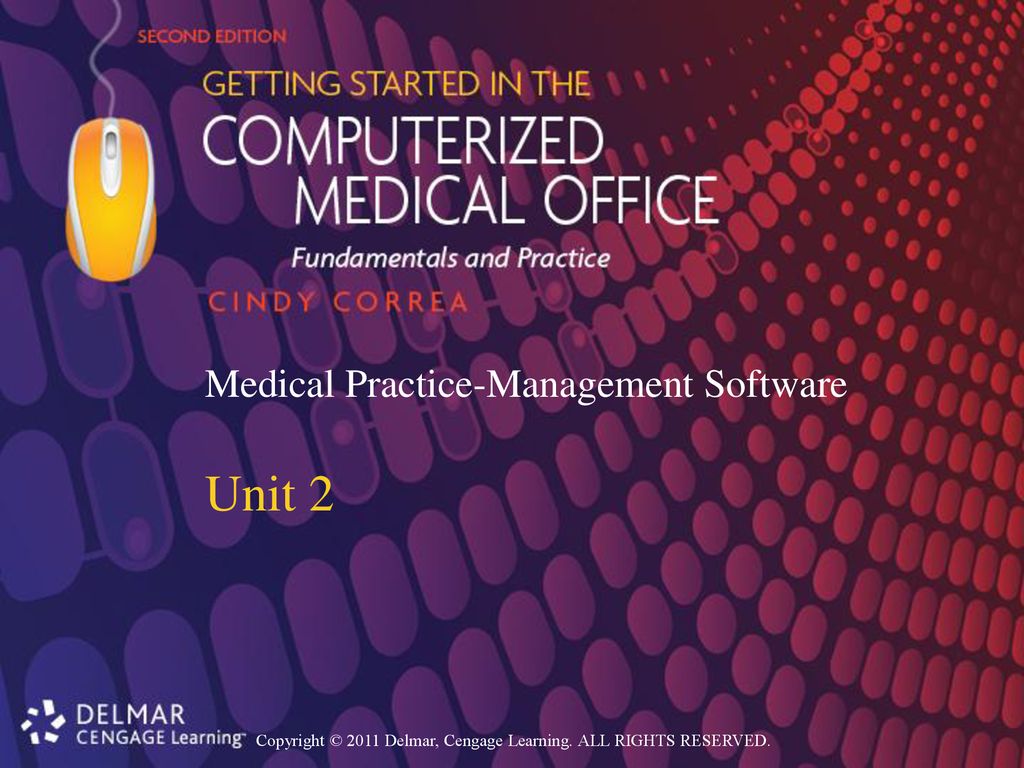In this dynamic healthcare environment, the role of clinical management systems has grown to be increasing crucial for the efficiency and productivity of healthcare organizations. As medicloudmed.ch of healthcare expand, healthcare providers face the challenge of handling extensive quantities of information, organizing care, and ensuring patient safety. This advanced technology empowers medical staff, optimizing their workflows and permitting them to concentrate more on what truly counts: providing high-quality patient care.
By integrating medical management systems into their everyday activities, healthcare professionals can significantly enhance efficiency, lessen paperwork, and facilitate communication across groups. These systems not only facilitate improved record-keeping and scheduling but also support data analysis and tracking, allowing to monitor patient outcomes and streamline operations. Embracing this software changes the healthcare landscape, fostering a more nurturing environment for both providers and clients alike.
Streamlining Administrative Duties
Medical management systems plays a essential role in reducing the administrative burden faced by medical workers. By simplifying standard tasks such as appointment scheduling, invoicing, and record management, these systems free up valuable time that practitioners can focus towards client care. This productivity not only boosts workflow but also minimizes the likelihood of errors, leading to better service delivery.

Furthermore, employing medical management software allows for improved communication among healthcare teams. With joint access to patient data and treatment histories, medical professionals can collaborate more effectively, ensuring that decisions are based on the most complete and up-to-date information on hand. This synergy among staff helps to streamline patient transitions, reducing delays and boosting the entire patient experience.
The design of medical management systems is tailored to meet the unique needs of medical facilities. User-friendly interfaces and customizable features enable organizations to adapt the software to their particular workflows, aligning technology with their operational requirements. As a result, medical workers find it simpler to manage daily tasks, leading to greater job satisfaction and a more productive work environment.
Elevating Client Care
Clinical management software greatly improves the level of care that medical professionals can deliver to their clients. By simplifying patient data management, it enables faster access to essential health information. This immediate accessibility enables healthcare workers to make informed decisions, lessening the time spent on paperwork tasks and improving the overall efficiency of care provision. As a result, patients experience reduced wait times and receive swift interventions that can be crucial for their health results.
A further key feature of medical management software is its role in promoting collaboration among care staff. With shared access to patient databases and treatment plans, healthcare professionals can collaborate more efficiently, making sure that every member of the team is on the same understanding. This collaborative approach not only boosts safety by reducing the risk of incidents but also supports a holistic view of the patient, encouraging personalized care that addresses the patient’s unique requirements.
Moreover, medical management platforms often incorporate tools for assessing patient advancement and achievements. By leveraging analytics and reporting capabilities, healthcare workers can assess improvements over time and recognize areas where patients might need additional help. This data-driven approach allows caregivers to proactively tackle any problems and adjust treatment strategies as needed, ultimately leading to better health outcomes and a more rewarding patient experience.
Safety of Data and Regulatory Compliance
In the medical industry, protecting patient data is of paramount importance. Medical management software is developed with comprehensive security features that protect sensitive data from illicit access and cyber threats. These systems employ data encryption, secure access controls, and regular security audits to ensure that patient data remains private and safe.
Adhering with legal standards such as HIPAA is another essential aspect of using medical management software. These systems help healthcare providers comply with required standards for privacy and security of medical data. Automated compliance features streamline the process of maintaining documentation and reporting, making it more straightforward for organizations to adhere to legal requirements while prioritizing patient care.
Furthermore, the ability to monitor and manage data effectively enhances accountability within healthcare organizations. Medical management software not just ensures that data is securely stored but also promotes transparency in data usage. By implementing robust security measures, healthcare providers can foster trust among patients and stakeholders, knowing that their systems are in alignment with industry regulations and established practices for data protection.
